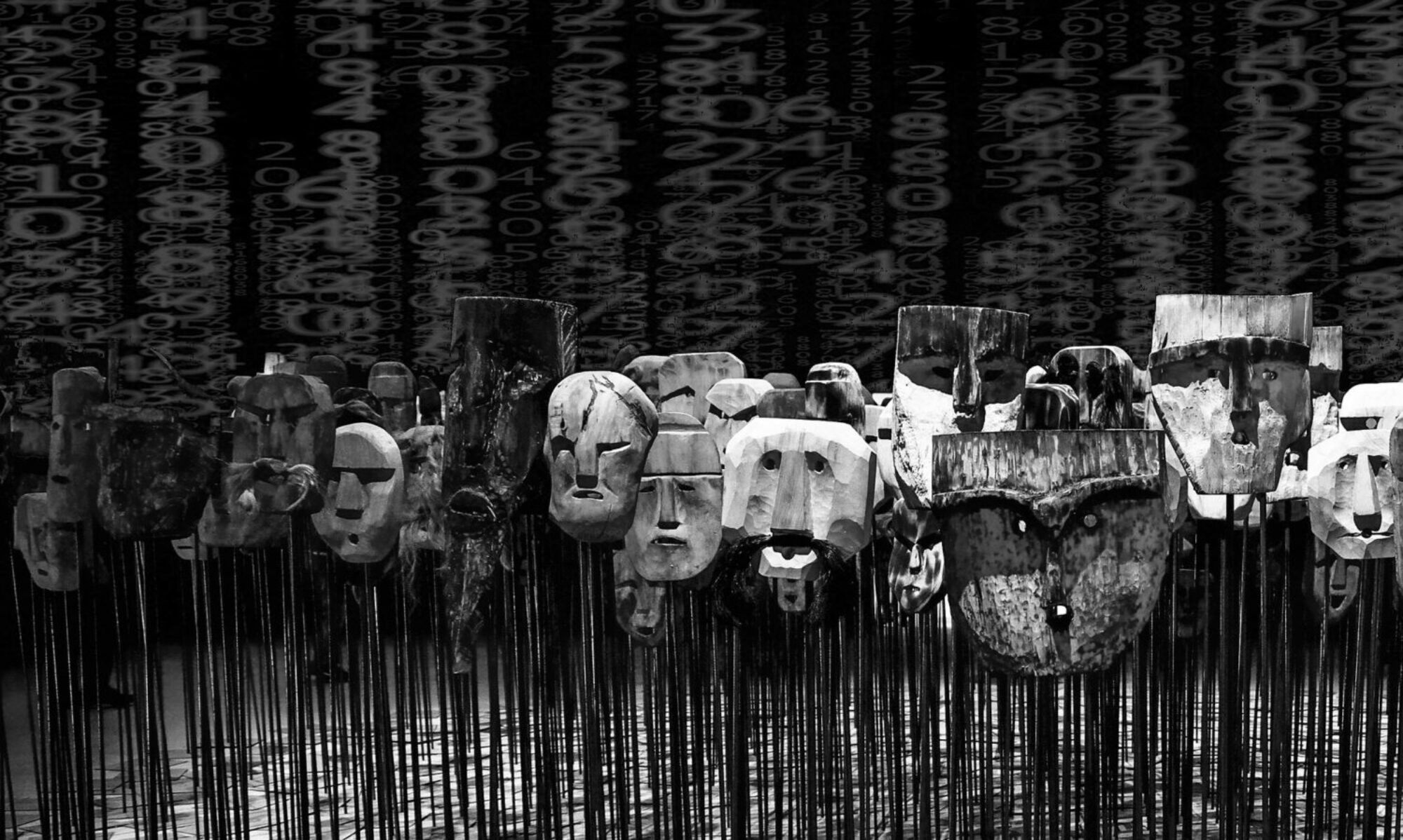CURRENT PHASE: Decolonising Memory through Music: sound and movement as memorial (Participatory Research Fund, Research England and University of Bristol, August 2024-August 2025)
Having previously co-created a new memorial folk dance to Bristol, the history and legacy of the Transatlantic Trafficking in Enslaved Africans in the initial phase of this project, this latest phase will work with musicians and dancers to co-create an original piece of commemorative music to work with the dance. Together we will produce a complete and original memorial form, for the people of Bristol; to memorialise this history, its memory and legacy, from an African-centred position.
You can read about the original phase of the project below:
Citizens Researching Together: Reparative Justice through Collaborative Research (UKRI Citizen Science grant, June 2021-June 2023)
Decolonising Memory: Digital Bodies in Movement, was a UKRI-funded Citizen Science project led by Cleo Lake, Kwesi Johnson and Jessica Moody and was part of the wider ‘Citizens Researching Together’ project led by Marie-Annick Gournet at the University of Bristol. The project researched Bristol’s memory of transatlantic enslavement through historical and creative methodologies, and collaboratively designed new performance-based memorial interventions centring African culture.
The project comprised a series of monthly workshops at the Malcolm X centre and online starting in November 2021 and running through to summer 2022, culminating two major outputs: 1) a co-produced dance-based memorial created by the project team and 2) an augmented reality mobile phone app developed out of these workshops.
Read the full press release from the University of Bristol
